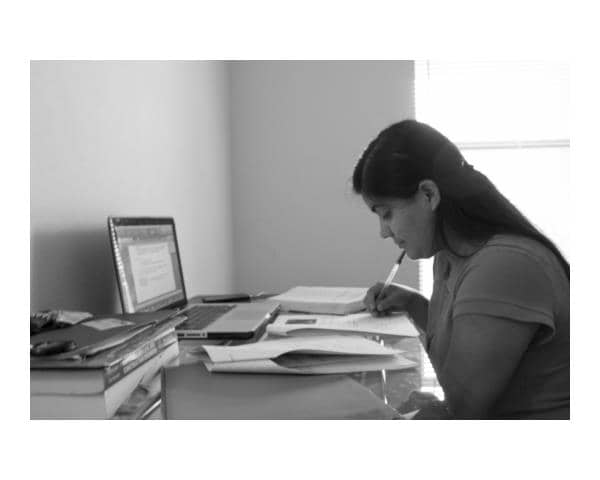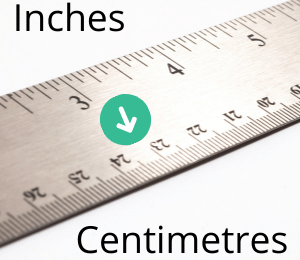Writing an essay is just a simple thing to many students, while to others, it’s scarier. Regardless of the institution or the course of study, writing an essay is an obligatory academic requirement. Hence students have no other option than to know how to write a good essay. Practice makes perfect, and if you want to write an exceptional essay.
If you are among those who get Goosebumps once they hear the word essay, follow these tips. Follow these tips, and within no time, you will be writing your essay in your sleep.

1. Analyze the Question
Every essay requires you to respond to specific questions. First, analyze and then address the question directly. Ensure you understand the question and what is required of you. Once you understand what is required, you will be able to understand which type of essay it belongs to. It could be either.
- Informative essay – its educated the readers with facts
- Compare and contrast essay – it identifies differences and similarities in two topics that are from the same genre
- Argumentative essay – it takes a stance on a controversial issue presenting evidence in favor of your stand
- Problem solution essay – it describes a problem, convinces the reader to take action toward taking care of the problem and then proposes a solution
2. Brainstorm the topic
Once you have the essay overview, it will be easier for you to pick the relevant topic. Sit in a quiet place and brainstorm. Jot down the ideas that the flow of thoughts that come in your mind. You will choose the topics later. Brainstorming is the best way to understand the topic deeply and organize the various aspect of your topic.
From your list of possible topics, choose the outstanding one that will answer your essay question best. Choose a topic that is neither too narrow nor too broad. Also, avoid the one that is too technical, offensive or opinion-based, those that haven’t been proven and even those that are not significant. Choose the one you are certain you can create a top-notch essay.
3. Research the Topic
Once you have brainstormed and chosen your topic, conduct some research. Then, go online and type essay-writing tips. You will find all you need to know to come up with a good essay.
Organize your research to make it easy to refer to when writing the final copy and when citing your sources.
4. Create an Outline
Before you start writing, create an outline. It will help ensure your ideas are well organized, logical and your paper flow properly.
Essentially, an outline is a skeleton of your paper. For each page, begin by writing a thesis statement followed by the topic sentence. Meaning, you will have an idea of how each paragraph is going to be.

5. Choose Writing Style
Your tutor or the topic of your paper will determine your style of writing. There are three major types of writing styles you will come across in college.
- MLA (Modern Language Association) this style was designed for language and humanities essays. It follows the author-page number citation style. It’s the most used style of writing out there.
- APA (American Psychological Association) – this style was created for psychology research and social science essays and papers. It uses an author-date citation style. It’s the second most common after MLA.
- Chicago Manual Style – this type of style is mostly used by professional and college students. Also known as Turabian, it consists of two writing styles; notes-bibliography (makes art and humanities) and author-date style (used for scientific papers).
Every type of style has its unique format of referencing and in-text citation. Your professor wants to see you have used the correct format and style. TypeMyEssays.com this is where you will get a professional editor who will direct you on how to cite and reference your sources based on the type of essay.
6. Create Thesis Statement
The purpose of the thesis is to tell your reader the purpose of your essay. To develop an appropriate thesis, read through your outline once more to help craft a suitable thesis. Choose the one broad enough, so you will have plenty to explore.
It must state your essay’s main argument and topic. Though a single statement, it carries a total response to the problem. Your thesis statement should appear in your introductory paragraph but keep referring to it in other paragraphs and restate it when concluding your essay.
7. Write Introductory Paragraph
Once you have the thesis statement in place, write the introduction. Ensure it’s captivating to entice your readers to read to the end. You can begin with a shocking revelation, dialogue, quote or a story. Make sure it ties with the thesis statement.
8. Write the Body Paragraph
In this section, describe, argues or explain the topic. Then, based on your outline, write down the ideas starting with the most strong ones, every paragraph carrying the main idea. Begin each paragraph with an introductory sentence backing it up with relevant facts and examples. Remember to cite every material you will use with the obligatory format style.
Don’t heap several ideas in one paragraph. It will confuse your readers. Make use of transition words for the readers to understand how your ideas are flowing from one idea to the next. In each paragraph, fill in with supporting facts you got from your research. Ensure all your ideas in each paragraph tie back to the thesis and create consistency in your essay. This will ensure there is a smooth flow of ideas.
9. Conclude Your Essay
Just as the introductory paragraph, the conclusion part should be given much attention. This is where you have an opportunity to sum and close up your ideas. Summarize your arguments with three to five sentences. Do not introduce new ideas but support your stance and restate your thesis statement.

10. Proofread and Edit
Don’t assume you have finished with your essay until you have edited your final copy.
Ensure the first and last paragraph carries the strongest point in the body of your essay while the weaker ones are in between.
Check for the general structure and ensure you have used the correct format. Read your paper repeatedly and check whether every sentence is sensible and has a smooth flow from one to the other. Check spelling, incorrect sentence construction, typos, punctuation and grammar and make changes where necessary. Make sure you meet the word count. Before you submit the final copy, give it to a writer from the essay writing service. It’s not easy to proofread and edit on your own as you might miss some errors in your essay. They have professional editors who will see a mistake you might not have seen. Once they have reviewed and marked the mistakes, rewrite the whole paper noting where you made mistakes so you can avoid them in the future. Ensure you submit your essay before the deadline.





